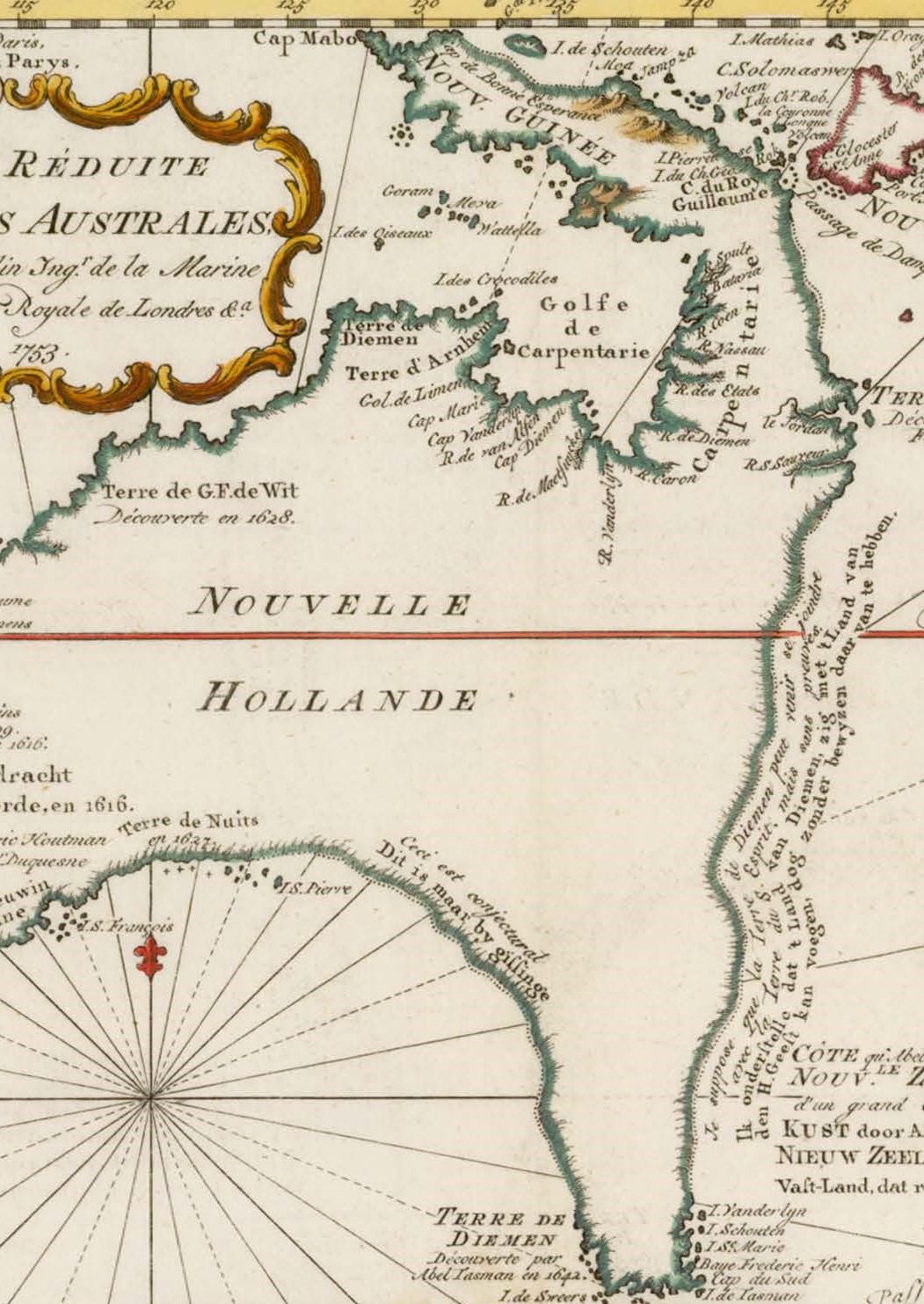Vernacularizing, Braiding, and Plurigenericism
An Expanding Toolkit for Histories of Knowledge in Non-Settler Postcolonies
DOI:
https://doi.org/10.55283/jhk.18370Keywords:
Nationalism, Exogenous, Vernacular, Global, Postcolonial, SubalternAbstract
This contribution argues that a single conceptual framework cannot possibly accommodate the range of histories that will emerge from a genuine decentering of the history of science. It uses the example of the “decolonial” approach to show the pitfalls of trying to write global histories using a single framework. The paper then argues that “non-settler postcolonies” such as China, India, Turkey etc. demand their own, specific critical apparatus that are more sensitive to their historical specificities. Finally, the paper briefly reviews three conceptual devices, viz., vernacularizing, braiding and plurigenericism, that might be used to write specific histories of knowledge in non-settler postcolonies.
Downloads
Downloads
Published
Issue
Section
License
Copyright (c) 2024 Projit Mukharji

This work is licensed under a Creative Commons Attribution 4.0 International License.


